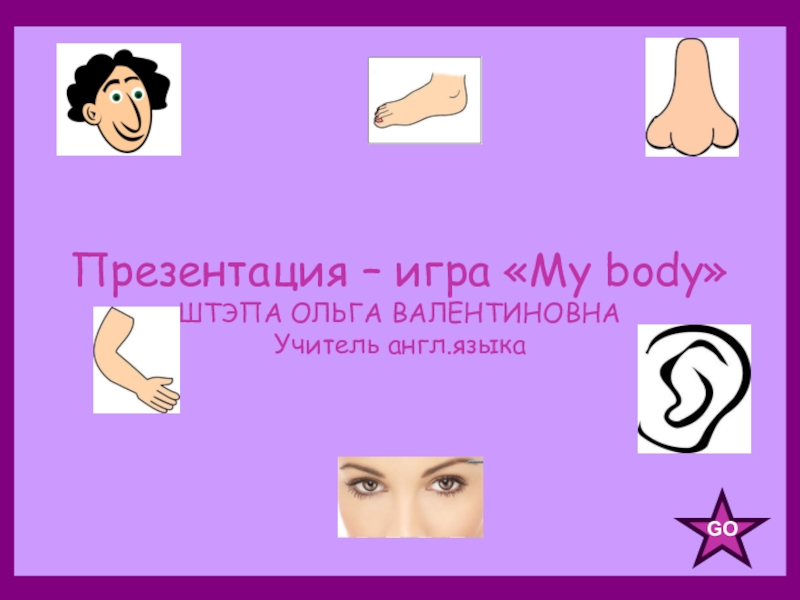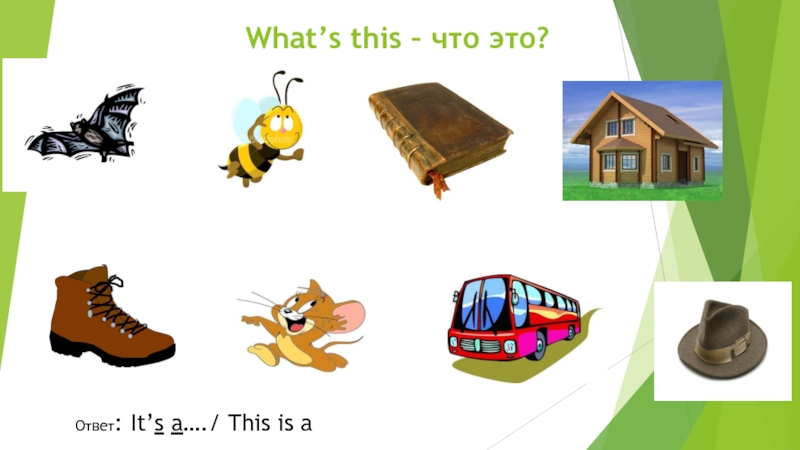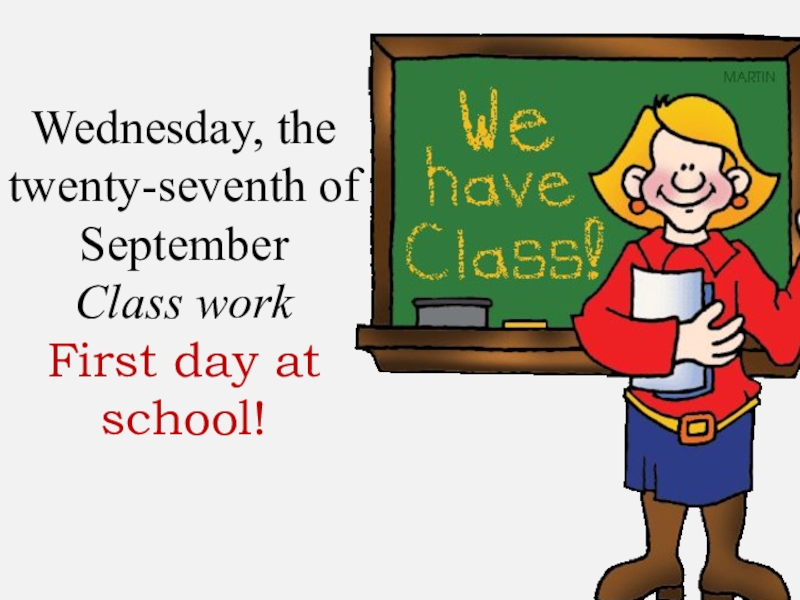Усть-Кут, Иркутская область
- Главная
- Разное
- Образование
- Спорт
- Естествознание
- Природоведение
- Религиоведение
- Французский язык
- Черчение
- Английский язык
- Астрономия
- Алгебра
- Биология
- География
- Геометрия
- Детские презентации
- Информатика
- История
- Литература
- Математика
- Музыка
- МХК
- Немецкий язык
- ОБЖ
- Обществознание
- Окружающий мир
- Педагогика
- Русский язык
- Технология
- Физика
- Философия
- Химия
- Шаблоны, фоны, картинки для презентаций
- Экология
- Экономика
Презентация, доклад по английскому языку Виды вопросов
Содержание
- 1. Презентация по английскому языку Виды вопросов
- 2. Виды вопросов:Общий вопросСпециальный вопросАльтернативный вопросВопрос к подлежащемуРазделительный вопрос
- 3. Общий вопрос ( Yes/No)О.В.= Вспомогательный глагол+ подлежащее
- 4. Make Yes/No question.1.They like to play games,2.
- 5. Специальный вопрос.С.В.= Вопросительное слово + О.В.H-р: How
- 6. Вопросительные словаWhat – Что? Какой? When –
- 7. Вопросительные словаHow many? – Сколько?How much? –
- 8. Ask questions starting with the words in
- 9. Альтернативный вопросА.В.= О.В. + or(или)Н-р:Do they play
- 10. Make question using a choice in brackets1.Your
- 11. Вопрос к подлежащемуВ.П.= Who(what) + сказуемое в
- 12. Ask question starting with “who” or “what”1.You
- 13. Разделительный вопросThey play football every day, don’t
- 14. Особые случаи образования разделительного вопроса1.В РВ с
- 15. Особые случаи образования разделительного вопроса5.Если подлежащим в
- 16. Особые случаи образования разделительного вопросаВ разделительных вопросах,
- 17. Fill in the gaps an appropriate tag.1.Let’s
- 18. Литература:1. “Счастливый английский 2”, Т. Клементьева, Д
Виды вопросов:Общий вопросСпециальный вопросАльтернативный вопросВопрос к подлежащемуРазделительный вопрос
Слайд 2Виды вопросов:
Общий вопрос
Специальный вопрос
Альтернативный вопрос
Вопрос к подлежащему
Разделительный вопрос
Слайд 3Общий вопрос ( Yes/No)
О.В.= Вспомогательный глагол+ подлежащее + сказуемое + второстепенные
члены предложения?
Н-р: Do they play football every day?
- Yes, they do.(No, they don’t.)
Does she often cook dinner herself?
- Yes, she does.(No, she doesn’t.)
Has Tom ever been to London?
-Yes, he has. (No, he hasn’t.)
Н-р: Do they play football every day?
- Yes, they do.(No, they don’t.)
Does she often cook dinner herself?
- Yes, she does.(No, she doesn’t.)
Has Tom ever been to London?
-Yes, he has. (No, he hasn’t.)
Слайд 4Make Yes/No question.
1.They like to play games,
2. They are playing games
now
3. They have been playing for six hours.
4. They played the game yesterday.
5. My friends haven’t seen her this month.
6. I met Mike 3 years ago in London.
7.We often write to each other.
8. Every summer my family goes on vacation.
3. They have been playing for six hours.
4. They played the game yesterday.
5. My friends haven’t seen her this month.
6. I met Mike 3 years ago in London.
7.We often write to each other.
8. Every summer my family goes on vacation.
Слайд 5Специальный вопрос.
С.В.= Вопросительное слово + О.В.
H-р: How often do they play
football?
What does she often cook herself?
Where has Tom been?
What does she often cook herself?
Where has Tom been?
Слайд 6Вопросительные слова
What – Что? Какой?
When – Когда?
Where - Где? Куда?
Why
– Почему?
How – Как?
Whose – Чей?
Whom –Кому?
How – Как?
Whose – Чей?
Whom –Кому?
Слайд 7Вопросительные слова
How many? – Сколько?
How much? – Сколько?
Which? - Который, какой?
Which
of you? – Кто из вас?
How long? – Как долго?
How often? – Как часто?
How long? – Как долго?
How often? – Как часто?
Слайд 8Ask questions starting with the words in brackets
1.Your brother is watching
TV for two hours.(How long)
2.They have just finished their work. (What)
3.Tom and Tim are playing games now. (When)
4.He plays football nearly every week. (How often)
5.I met Mary 2 years ago in Paris. (Where)
6.Pete will invite Helen to Washington.(Whom)
7.When we leave the plane, we’ll wait for our luggage. (When)
8. Kevin flew over the ocean last month.
2.They have just finished their work. (What)
3.Tom and Tim are playing games now. (When)
4.He plays football nearly every week. (How often)
5.I met Mary 2 years ago in Paris. (Where)
6.Pete will invite Helen to Washington.(Whom)
7.When we leave the plane, we’ll wait for our luggage. (When)
8. Kevin flew over the ocean last month.
Слайд 9Альтернативный вопрос
А.В.= О.В. + or(или)
Н-р:Do they play football every day or
every week?
Does she often cook dinner or breakfast herself?
Has he been to London or to Paris?
Does she often cook dinner or breakfast herself?
Has he been to London or to Paris?
Слайд 10Make question using a choice in brackets
1.Your brother has been watching
TV since 3 o’clock. (2 o’clock)
2.We haven’t seen her this month. (they)
3.People of all ages love to send greeting cards. (receive)
4.St Valentine’s Day is celebrated on the !4th of February. (13th of February)
5. Christmas is the most important holiday in Great Britain. (Easter)
6.You visited this summer camp last year. (your grandparents)
7.The weather in this part of Britain is always rainy. (sunny)
2.We haven’t seen her this month. (they)
3.People of all ages love to send greeting cards. (receive)
4.St Valentine’s Day is celebrated on the !4th of February. (13th of February)
5. Christmas is the most important holiday in Great Britain. (Easter)
6.You visited this summer camp last year. (your grandparents)
7.The weather in this part of Britain is always rainy. (sunny)
Слайд 11Вопрос к подлежащему
В.П.= Who(what) + сказуемое в 3 лице ед.ч.
Н-р: Who
plays football every day?
Who cooks dinner?
Who has been to London?
Who cooks dinner?
Who has been to London?
Слайд 12Ask question starting with “who” or “what”
1.You play often sports.
2.All our
friends like cookies.
3.Each school has its own rules.
4.A new holiday was introduced on the 4th of November.
5.More and more people today follow the tradition of celebrating religious holidays.
6. Breakfast was finished.
7.Everybody received presents last week.
8.We are full of happiness.
3.Each school has its own rules.
4.A new holiday was introduced on the 4th of November.
5.More and more people today follow the tradition of celebrating religious holidays.
6. Breakfast was finished.
7.Everybody received presents last week.
8.We are full of happiness.
Слайд 13Разделительный вопрос
They play football every day, don’t they?
They don’t play football
every day, do they?
She often cooks dinner herself, doesn’t she?
She doesn’t often cook dinner herself, does she?
Tom has been to London, hasn’t he?
Tom hasn’t been to London, has he?
She often cooks dinner herself, doesn’t she?
She doesn’t often cook dinner herself, does she?
Tom has been to London, hasn’t he?
Tom hasn’t been to London, has he?
Слайд 14Особые случаи образования разделительного вопроса
1.В РВ с I am в окончании
используется aren’t I?:
I am late, aren’I ?
2. После let’s используется shall we?:
Let’s go to the park, shall we?
3. There может быть подлежащим в разделительном вопросе:
There are a lot of presents under the Christmas tree, aren’t there?
4.После предложений с негативными словами never, no, nobody, little используются утвердительные окончания:
You have never been to Britain, have you?
I am late, aren’I ?
2. После let’s используется shall we?:
Let’s go to the park, shall we?
3. There может быть подлежащим в разделительном вопросе:
There are a lot of presents under the Christmas tree, aren’t there?
4.После предложений с негативными словами never, no, nobody, little используются утвердительные окончания:
You have never been to Britain, have you?
Слайд 15Особые случаи образования разделительного вопроса
5.Если подлежащим в РВ является nothing, в
окончании используется it:
Nothing is perfect, is it?
6. Если подлежащим в РВ является nobody, somebody, everybody, в окончании используется they:
Nobody came, did they?
7. В РВ, начинающихся с предложений в повелительном наклонении, в окончании используется will/would/can/can’t/could you?:
Sit down, won’t you?
Nothing is perfect, is it?
6. Если подлежащим в РВ является nobody, somebody, everybody, в окончании используется they:
Nobody came, did they?
7. В РВ, начинающихся с предложений в повелительном наклонении, в окончании используется will/would/can/can’t/could you?:
Sit down, won’t you?
Слайд 16Особые случаи образования разделительного вопроса
В разделительных вопросах, начинающихся с предложений в
повелительном наклонении, в окончании используется will/would/can/can’t/could you?, чтобы попросить что-то сделать.
Shut the door, will you?
Shut the door, would you?
Shut the door, can you?
Shut the door, can’t you?
Shut the door, could you?
Shut the door, will you?
Shut the door, would you?
Shut the door, can you?
Shut the door, can’t you?
Shut the door, could you?
Слайд 17Fill in the gaps an appropriate tag.
1.Let’s buy Russian souvenirs,______________?
2.You have
never been to St Petersburg___________ ?
3. Come in, ____________________?
4.There is nothing interesting for us, ________________?
5.I am late for the party, _________?
6.Nobody visits that old castle, _____________?
7Tverybody likes holidays, ____________?
8.Nothing can spoil these wonderful impressions, _____________?
9.The British like animals more than people _________?
10.Tastes have become more varied _________?
3. Come in, ____________________?
4.There is nothing interesting for us, ________________?
5.I am late for the party, _________?
6.Nobody visits that old castle, _____________?
7Tverybody likes holidays, ____________?
8.Nothing can spoil these wonderful impressions, _____________?
9.The British like animals more than people _________?
10.Tastes have become more varied _________?
Слайд 18Литература:
1. “Счастливый английский 2”, Т. Клементьева, Д Шэннон , Титул, 2010г.
2.”Английский
язык 8”, В.П.Кузовлев и др., Москва «Просвещение» ,2010 г,
3.” Student’s grammar guide”, Т.Ю.Дроздова, В.Г.Маилова, Химера Санкт-Петербург, 2000г.
3.” Student’s grammar guide”, Т.Ю.Дроздова, В.Г.Маилова, Химера Санкт-Петербург, 2000г.























